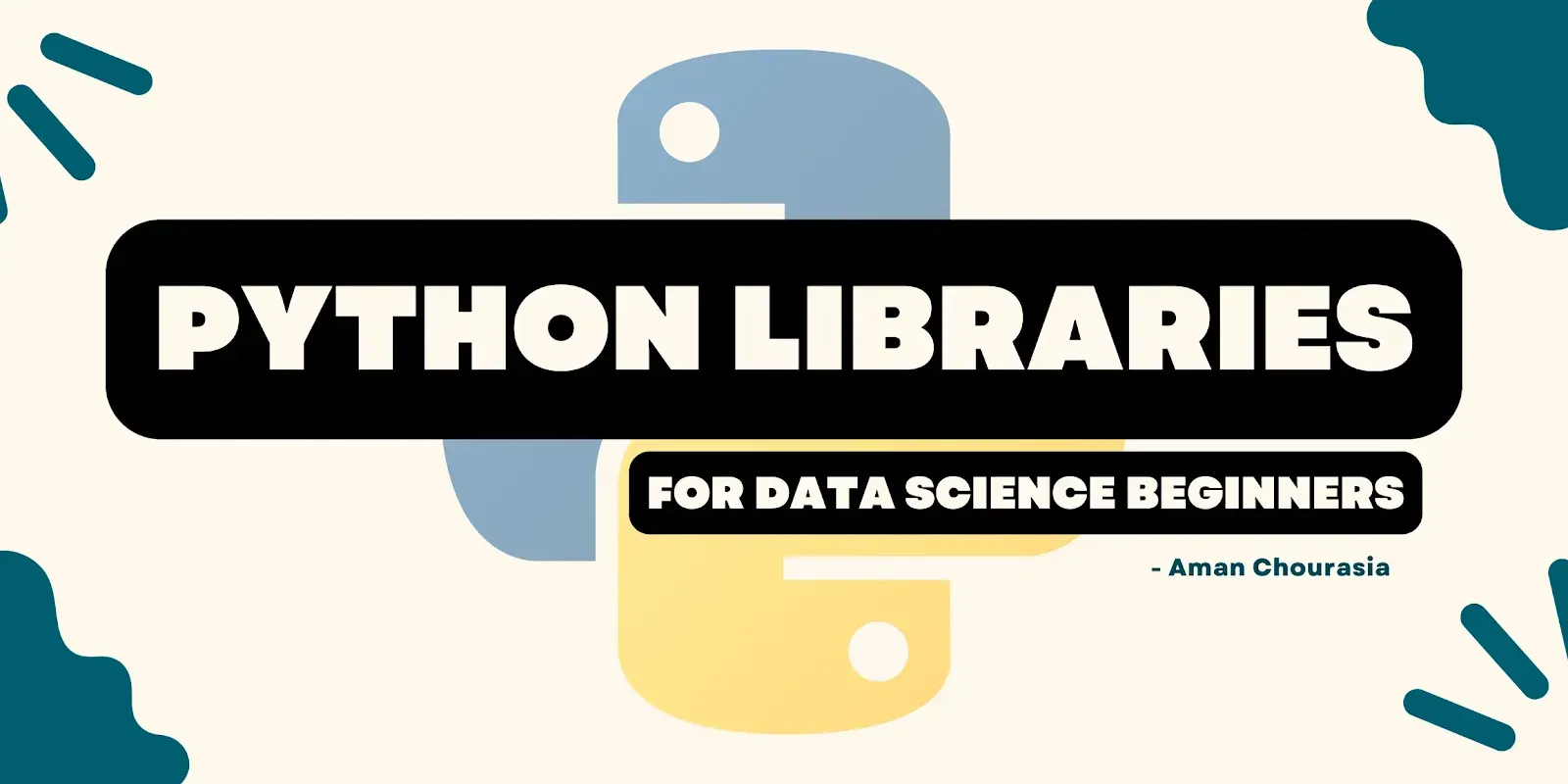
Data science is one of the hottest fields in tech right now, and Python is one of the most popular languages used in data science. Whether you're a beginner looking to get started in data science or an experienced pro looking to expand your skills, knowing which libraries to use can be overwhelming. In this article, we'll cover the top 10 Python libraries for data science beginners that you need to know.
1. NumPy
NumPy is the foundation of most data science libraries in Python. It provides support for large, multi-dimensional arrays and matrices, along with a wide range of high-performance mathematical functions to manipulate them. If you're new to data science, start here!
2. pandas
Pandas is another must-know library for data scientists. It allows you to easily handle structured data, including reading and writing CSV files, cleaning and manipulating data, and performing statistical analysis.
3. Matplotlib
Matplotlib is a powerful visualization library that allows you to create beautiful plots and charts from your data. It's easy to use and has a wide range of features, making it perfect for beginners and experts alike.
4. Scikit-learn
Scikit-learn is a machine learning library that provides a wide range of algorithms for classification, regression, clustering, and more. It's easy to use and includes a lot of useful tools for data preprocessing and feature engineering.
5. Seaborn
Seaborn is another visualization library that's built on top of Matplotlib. It provides a higher level interface for creating informative and attractive statistical graphics, making it easier to create complex plots without having to write a lot of code.
6. TensorFlow
TensorFlow is a deep learning framework developed by Google. It's widely used in industry and academia for building neural networks and other machine learning models. The Keras API makes it easy to build and train simple models, even if you're new to deep learning.
7. OpenCV
OpenCV is a computer vision library that provides a wide range of functions for image processing, object detection, and facial recognition. It's a great library to learn if you're interested in working with images or video data.
8. scipy
scipy is a scientific computing library that provides functions for scientific and engineering applications. It includes modules for tasks such as signal processing, linear algebra, optimization, and statistics.
9. Beautiful Soup
Beautiful Soup is a web scraping library that allows you to parse HTML and XML documents, and extract data from websites. It's a great tool for collecting data from online sources.
10. Requests
Requests is a HTTP library that allows you to send HTTP requests programmatically. It's a simpler alternative to urllib and is ideal for fetching data from APIs or web pages.
Conclusion
These libraries are just the tip of the iceberg when it comes to data science in Python. However, they provide a solid foundation for anyone looking to get started in the field. With these libraries, you'll be able to perform a wide range of data science tasks, from data cleaning and visualization to machine learning and web scraping.
Happy coding!

